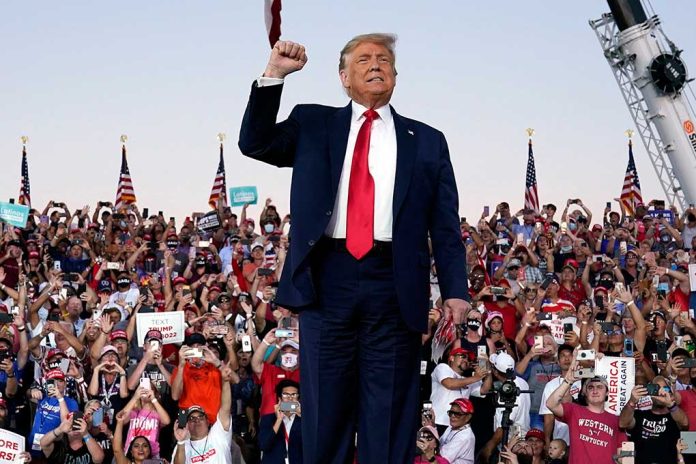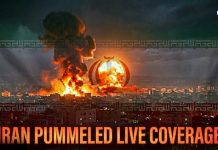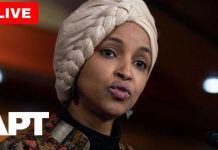
President Trump’s pardons for January 6 defendants highlighted the procedural and legal complexities of executive clemency.
Key Takeaways
- Trump issued a blanket pardon for January 6 detainees, but many remained in detention.
- Opposition to pardons came from judicial and government entities, emphasizing legal challenges.
- Public opinion is largely against the pardons, raising concerns about law and order.
- The pardons sparked celebrations but also fears of empowering extremist groups.
Procedural and Legal Hurdles Amid Clemency
President Donald Trump’s decision to pardon individuals involved in the January 6 Capitol riots has faced legal and procedural challenges. Many pardoned individuals remained in jail due to bureaucratic delays and judicial pushback, contradicting the president’s intention of immediate release. The problem underscores complexities in an executive clemency implementation, where logistical and legal hurdles persist despite presidential orders for freedom.
Though President Trump intended to nullify ongoing criminal investigations with his executive order, some law enforcement entities, such as the U.S. Marshal’s Service, delayed the release, citing operational challenges. Numerous detainees faced unlawful extension of their detention, leading to allegations of misconduct. This delay also resulted in claims of civil rights violations, as articulated by RedState columnist Bill Shipley.
Public Reaction and Political Implications
The pardons created a deep divide in public opinion. Criticism came from various political figures, including Vice President JD Vance and Attorney General nominee Pam Bondi, who opposed the notion of pardoning individuals involved in violence. The pardons were perceived by some as challenging the rule of law, with critics arguing they encouraged political violence when aligned with presidential views.
“If you committed violence on that day, obviously you shouldn’t be pardoned,” Vance said at one point.
Polls reflected public sentiment against these pardons, with a significant portion of Americans, including independents and some Republicans, expressing disapproval. Critics argue that the clemency could potentially embolden far-right groups, such as the Proud Boys and Oath Keepers, to regroup, given the boost in morale and political validation.
The Celebration and the Underlying Tensions
Despite controversy, Trump’s pardons ignited celebrations among supporters outside the Washington, DC, jail, drawing visitors reminiscent of a rally. The gatherings, led in part by individuals like Micki Witthoeft, mother of Ashli Babbitt, highlighted the emotional and personal dimensions of the pardons. Families and supporters viewed this as redemption and virtually a “homecoming” for the convicted.
Nonetheless, the saga of the January 6 pardons raises critical questions about the limits of presidential power and the effectiveness of executive clemency when circumvented by procedural barriers. These dynamics continue to spark national debate over the balance between justice, clemency, and political influence.
Sources:
- https://www.bbc.co.uk/news/articles/cjw4vjvlgxpo
- https://www.nytimes.com/2025/01/20/us/politics/trump-jan-6-pardons-washington-dc-jail.html
- https://www.npr.org/2025/01/22/nx-s1-5269733/january-6-pardons-trump-voters
- https://redstate.com/streiff/2025/01/22/trumps-january-6-pardons-meets-mass-resistance-from-dc-jail-and-federal-bureau-of-prisons-n2184654



